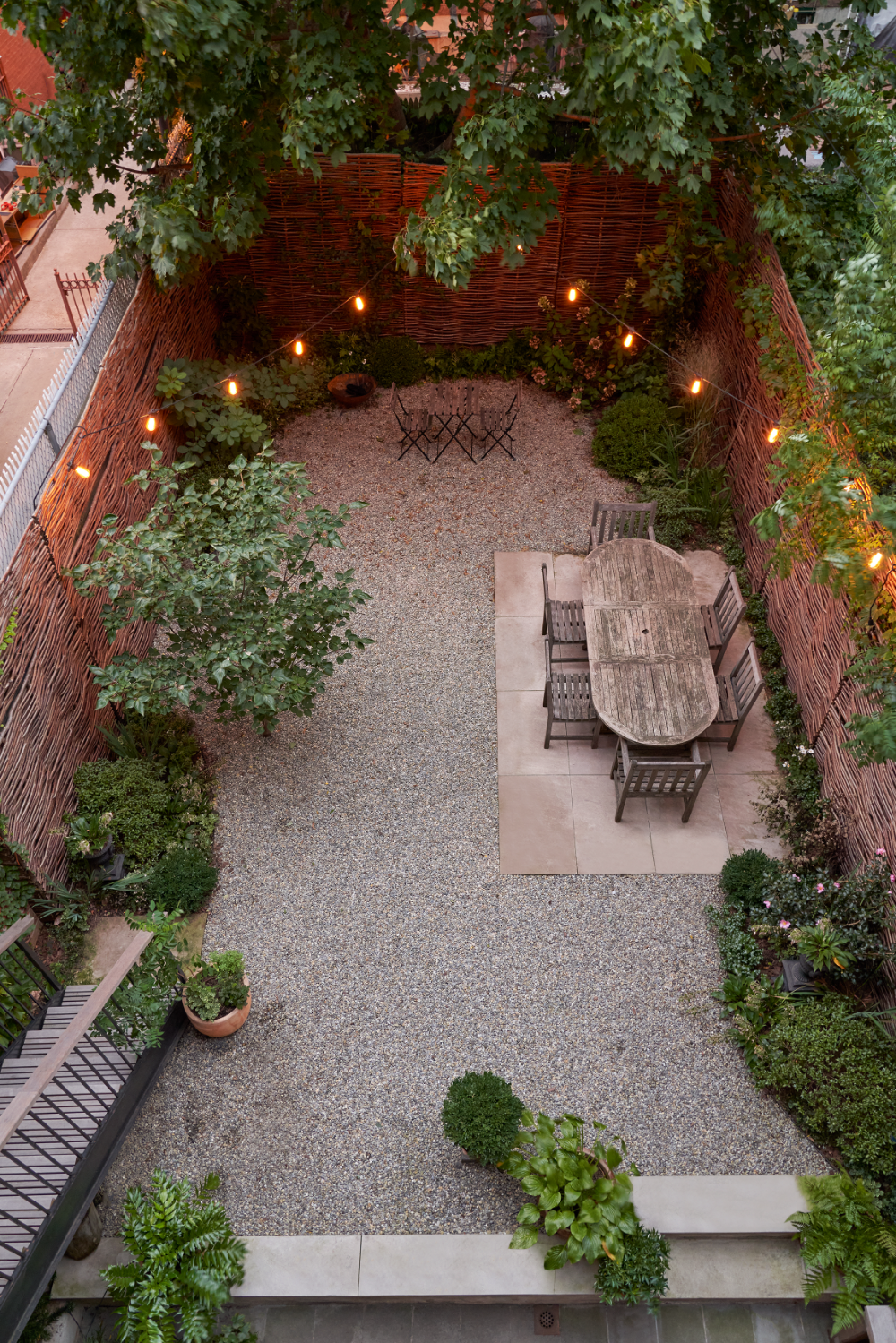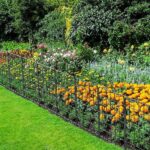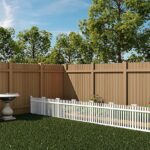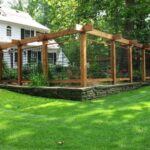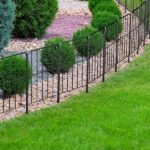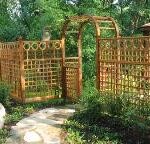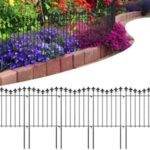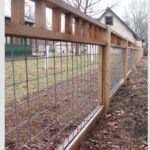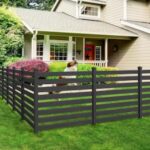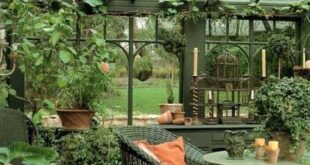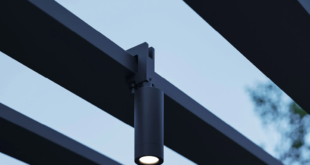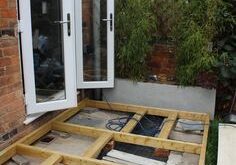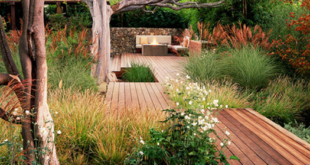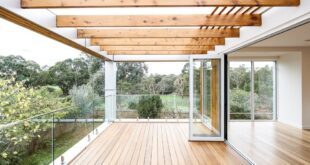Adding a fence to your garden not only enhances its visual appeal but also provides security and privacy. However, choosing the perfect garden fence can be overwhelming with so many options available in the market. To help you make an informed decision, here are some factors to consider when selecting the perfect garden fence.
1. Purpose: The first thing to consider is the purpose of the fence. Are you looking to keep intruders out, provide privacy, define property boundaries, or keep pets and children safe within the garden? Understanding the main purpose of the fence will help you narrow down your options and choose the right material and design.
2. Material: Garden fences are available in a variety of materials such as wood, metal, vinyl, and composite. Each material has its pros and cons, so it is essential to consider factors like maintenance, durability, and cost before making a decision. Wood fences are classic and versatile, but they require regular staining or painting to maintain their appearance. Metal fences are durable and low-maintenance but may rust over time. Vinyl and composite fences are easy to maintain and come in various styles, but they can be more expensive upfront.
3. Design: The design of the fence plays a crucial role in enhancing the overall look of your garden. You can choose from traditional picket fences, privacy fences, lattice fences, or contemporary designs to complement your garden’s aesthetics. Consider the style of your home and garden when choosing the fence design to create a cohesive look.
4. Height: The height of the fence is another important factor to consider, depending on your privacy and security needs. A taller fence provides more privacy and security but can also feel imposing and block out natural light. Shorter fences can create a more open and airy feel but may not offer the desired level of privacy.
5. Local regulations: Before installing a garden fence, make sure to check with your local authorities for any regulations or restrictions regarding fence height, materials, and design. Some neighborhoods have specific rules and guidelines for fences, so it is essential to comply with these regulations to avoid any potential issues in the future.
6. Budget: Lastly, consider your budget when choosing a garden fence. Prices for materials and installation can vary significantly, so it is essential to set a budget and stick to it while exploring your options. Remember to factor in maintenance costs and potential repair or replacement expenses when budgeting for a garden fence.
In conclusion, choosing the perfect garden fence requires careful consideration of factors like purpose, material, design, height, local regulations, and budget. By keeping these factors in mind, you can select a fence that not only meets your needs but also enhances the beauty and functionality of your garden.
